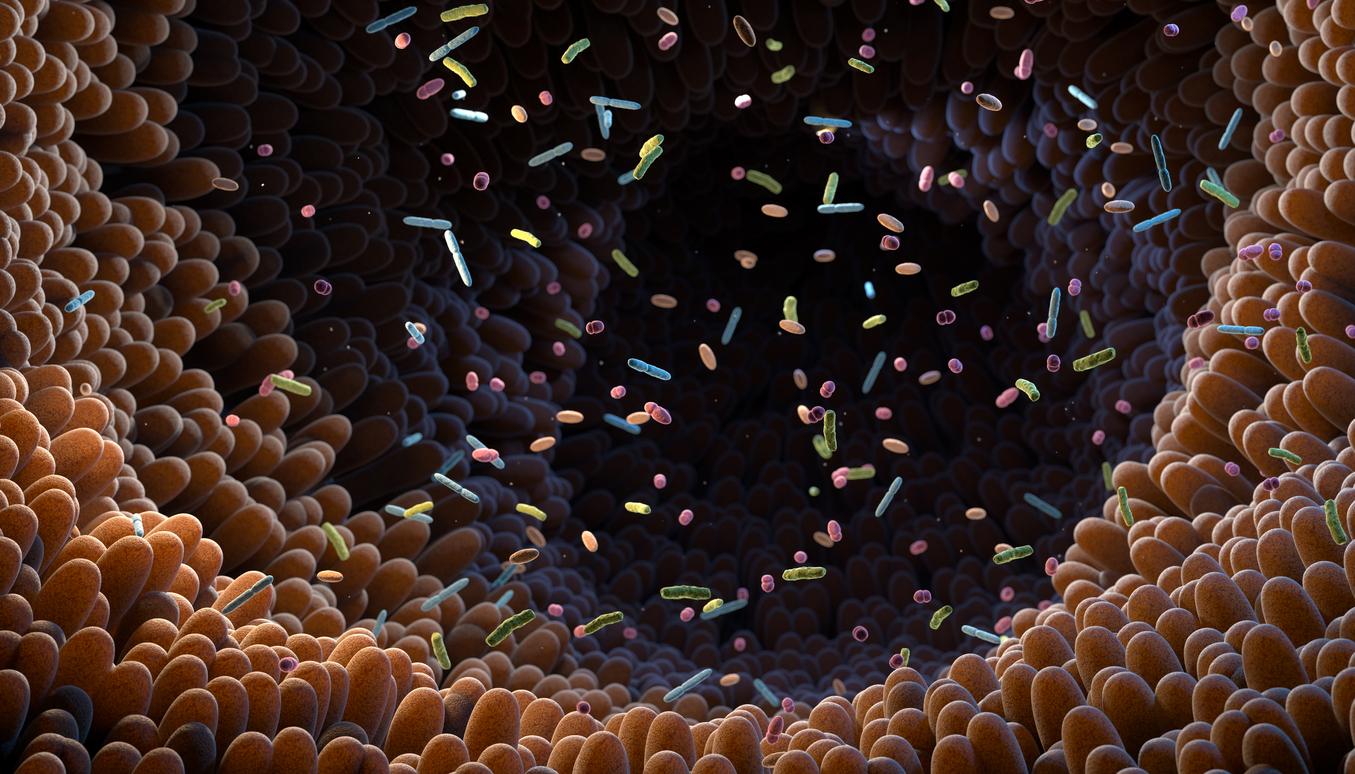Just before the menopauseit is known that women are more likely to gain weight, on average between 5 and 7 kg. But why ?
It is often said that from the age of 40, we gain weight, due to a change in metabolism. But there may be another explanation.
In a study published in September 2022 in theInternational Journal of Obstetrics & Gynecology, researchers from the Charles Perkins Center at the University of Sydney have explained the mechanism behind pre-menopausal weight gain. According to them, these problems develop when no changes are made to diet or activity level.
Indeed, during premenopause, the appetite for proteins increases due to their higher degradation by hormones. Result: if protein needs are not met, women consume other sources of energy, which can lead to weight gain.
An effect due tothe leverage effect of proteins“. But what does that mean? If we do not increase the proportion of protein in the diet during this period, our organism will always have the will to achieve its objectives (especially protein consumption) and will therefore cause our body to consume unnecessary calories until the protein requirement is met.
Small daily changes have a benefit
At the same time, energy expenditure levels tend to decline during menopause, suggesting that premenopausal women should consume both less energy (in the form of carbohydrates and fats) and more protein to compensate for biological changes. “Data suggests that staying on the typical highly processed Western diet during the transition to menopause, around age 40 to 50, will result in excessive energy intake, which will lead to weight gain and an increased risk of obesity and cardiometabolic diseases”says Professor Stephen Simpson, lead author of the study.
But good news: according to the researchers, “very small dietary changes in terms of prioritizing protein, reducing fats and carbohydrates, and physical activity could make a big difference in the long run.”, continues Professor David Raubenheimer, co-author of the study. A hypothesis that the researchers want to confirm with a prospective study of around 1,000 women aged 45 to 50.
What is the diet to follow in premenopause according to their estimates? According to them, it would be appropriate:
- increase the proportion of protein by about 3% of daily energy intake
- and reduce total energy intake by 5-10% per day.
“For many, cutting out a bag of crisps, a glass of sugary drink or the like and ensuring the daily diet contains high quality animal or vegetable protein will do the trick.“, Professor Simpson concluded.
Sources:
- Weight gain during the menopause transition: evidence for a mechanism dependent on protein leverage, International Journal of Obstetrics ang GynecologySeptember 2022
- Prioritizing protein during perimenopause may ward off weight gain, The University of SydneyOctober 13, 2022


















